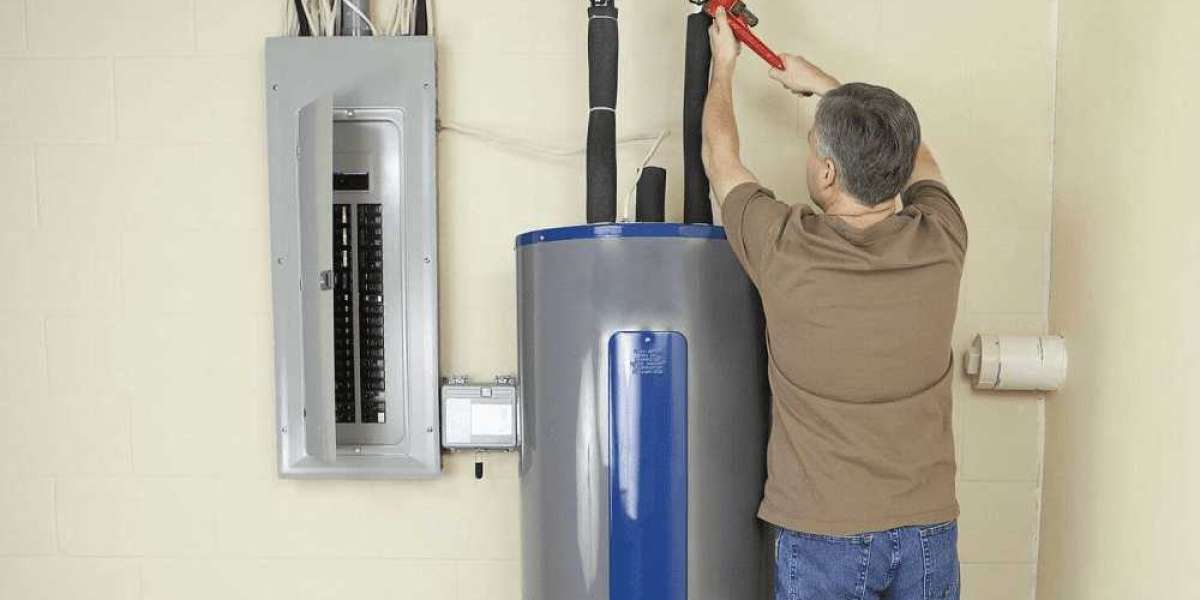1. Why Construction Bookkeeping Is Different
Bookkeeping in construction is not the same as bookkeeping in other businesses.
A retail store may only track sales and purchases. But a construction company deals with multiple projects, each with its own costs, deadlines, and budgets. You need to track materials, labor, equipment, and subcontractors separately for each job.
This makes construction bookkeeping more complex. Without proper systems, it’s easy to lose track of expenses or undercharge a client. That’s why having a clear process is essential.
2. Keep Job Costs Separate
One of the biggest mistakes construction companies make is mixing costs from different projects.
If you don’t track each project separately, you won’t know if you made a profit or loss. Some jobs may look good on paper, but after counting all labor, materials, and hidden costs, you may find you lost money.
3. Use the Right Tools
Gone are the days of doing bookkeeping on paper or with basic spreadsheets. Today, there are software tools designed for construction companies.
These tools let you record expenses, track invoices, manage payroll, and even forecast costs. Many of them are cloud-based, so you can access them from anywhere—even from a job site.
Investing in bookkeeping software may feel expensive at first, but it saves time, reduces errors, and gives you a clear picture of your business finances.
4. Stay on Top of Invoices
Cash flow is the lifeblood of any construction business. If clients don’t pay on time, it becomes hard to pay workers, buy materials, and keep projects moving.
That’s why keeping track of invoices is critical. Always send invoices quickly after finishing a job. Follow up on late payments. And keep a record of every payment received.
A solid bookkeeping system helps you avoid cash flow problems. You’ll always know how much money is coming in and how much is still owed.
5. Don’t Forget Payroll
Construction companies often work with both full-time employees and subcontractors. Managing payroll can be tricky, especially when hours and rates differ from project to project.
Good bookkeeping ensures payroll is accurate. Workers get paid on time, and taxes are withheld correctly. This not only keeps your team happy but also protects you from legal issues.
A tax accountant or bookkeeper can help set up payroll systems that run smoothly without constant headaches.
6. Track Materials and Equipment
Materials and equipment costs are a huge part of construction expenses. Without tracking, it’s easy to overspend.
Bookkeeping helps you monitor how much you spend on concrete, lumber, tools, fuel, and rentals. If a project is costing more than planned, you’ll notice it quickly and can adjust before it’s too late.
This also helps you negotiate better prices with suppliers because you’ll have accurate data on your spending habits.
7. Plan for Taxes Early
Taxes can catch construction companies off guard. If you wait until the end of the year to figure things out, you may end up owing more than you expected.
Bookkeeping helps you plan for taxes by keeping records updated throughout the year. You’ll know your income, expenses, and deductions in advance. This prevents surprises and allows you to set money aside for tax season.
Working with a professional accountant who understands bookkeeping for construction companies can save you time, money, and stress.
8. Monitor Cash Flow
It’s not enough to know your profits at the end of a project. You also need to watch your cash flow day by day.
Bookkeeping shows you when money comes in and when it goes out. If too much money is tied up in unpaid invoices, you’ll know it’s time to push harder on collections.
By monitoring cash flow, you avoid running into situations where you can’t pay bills or staff. Strong cash flow management keeps your business stable.
9. Work with a Professional
Many construction business owners try to handle bookkeeping on their own. But as the business grows, bookkeeping becomes overwhelming.
Hiring a professional bookkeeper or accountant is often the best move. They understand the unique challenges of construction accounting and can set up systems that make sense for your business.
Instead of spending hours buried in paperwork, you can focus on what you do best—building projects and serving clients.
10. Build Habits for Long-Term Success
Bookkeeping is not something you can do once in a while. It needs to be consistent.
Update records weekly, not just once a year. Review reports regularly. Keep receipts and invoices organized. These habits save time and reduce mistakes.
Over time, good bookkeeping becomes part of your company culture. And that leads to long-term growth and success.
FAQs
Why is bookkeeping so important for construction companies?
Because construction projects involve many costs, from labor to materials. Without proper bookkeeping, it’s easy to lose track of spending and profits.
Can I use normal accounting software for construction bookkeeping?
You can, but specialized software for construction is better. It allows job costing, payroll management, and project tracking in one place.
How often should I update my bookkeeping records?
At least once a week. Regular updates help you spot problems early and keep your finances accurate.
Should I hire a bookkeeper or do it myself?
If your business is small, you might manage it yourself at first. But as your projects grow, hiring a professional saves time and avoids costly mistakes.
What’s the biggest bookkeeping mistake construction companies make?
Mixing project costs together. Without separating each job’s expenses, you’ll never know which projects are truly profitable.
Final Thoughts
Bookkeeping may not be as exciting as building a house or finishing a big project, but it’s the backbone of your business.
By organizing records, tracking job costs, managing payroll, and planning for taxes, you set your company up for success.
Streamlined bookkeeping means fewer surprises, better cash flow, and more profit. It also gives you peace of mind knowing your business is stable and ready to grow.
If you run a construction business, don’t treat bookkeeping as an afterthought. Make it a priority. Your future self will thank you.


